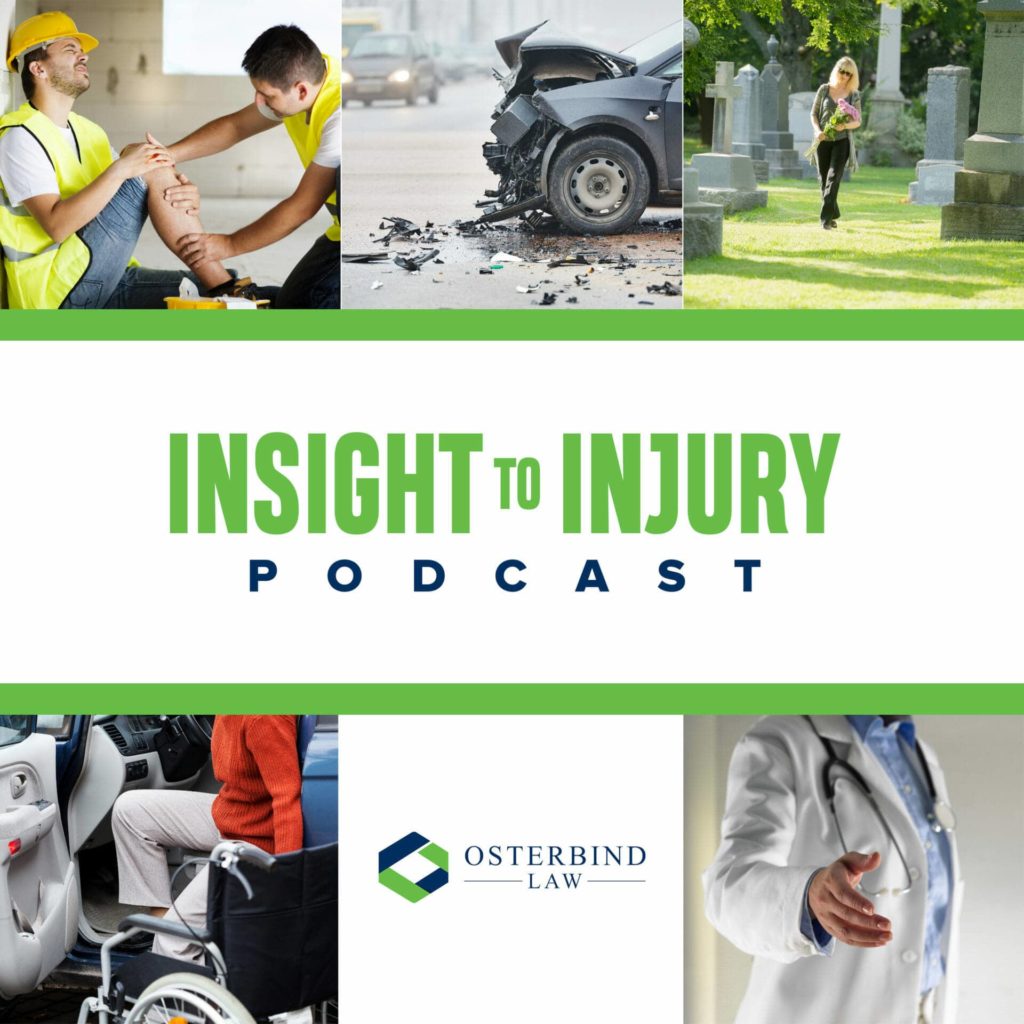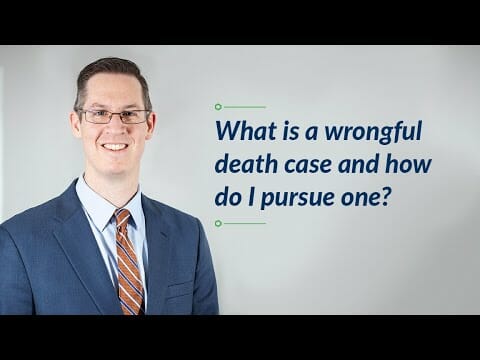Virginia Wrongful Death Lawyers Can Help in Many Ways
“The death of a beloved is an amputation.”
― C.S. Lewis, A Grief Observed
“We bereaved are not alone. We belong to the largest company in all the world–the company of those who have known suffering.”
― Helen Keller, We Bereaved
Losing a loved one to illness is hard; losing a loved one because of another’s actions or inaction is significantly more difficult. Families who have had a loved one murdered, die as a result of a drunk driving accident, or lose their lives in the workplace because of poor safety standards have the right to file a wrongful death lawsuit or a claim for death benefits.
If you believe your loved one’s death is a result of negligence or a deliberate act, these are situations where you should contact a personal injury attorney immediately to find out what your rights are.
Wrongful death cases are different than personal injury cases in more ways than just the obvious. In fact, when we see tragedies that lead to wrongful death claims, we are frequently asked the same questions.
What good can come out of a wrongful death lawsuit?
No amount of litigation can bring back our loved ones. And some would even say that litigation makes the grieving more difficult. But others would say that resolving a wrongful death suit brings closure to a terrible season of life. And that closure can begin healing
“Give sorrow words; the grief that does not speak knits up the o-er wrought heart and bids it break.”
― William Shakespeare, Macbeth
Speaking out against injustice and correcting it can help a family along in the process of healing when there are so many questions left unanswered. A caring professional can help navigate those legal questions and provide answers.
And we wept that one so lovely should have a life so brief;”
― William Cullen Bryant
Ultimately, the metaphysical question of why can never be answered on this side of eternity. But while one will always be left wondering some things, questions of who, how, why, and what can be answered to our satisfaction.
What types of damages are allowed in a Virginia wrongful death case?
In a personal injury case, you are asking to recover for things like medical expenses, lost wages, physical pain, mental anguish, inconvenience, etc. But in a wrongful death claim, damages are based on the broken relationship from the perspective of the statutory beneficiary.
These damages are higher or lesser depending on the degree of the relationship between the surviving statutory beneficiary and the deceased loved one.
- Sorrow, mental anguish, and solace which may include society, companionship, comfort, guidance, kindly offices, and advice of the decedent;
- Compensation for a reasonably expected loss of (i) income of the decedent and (ii) services, protection, care, and assistance provided by the decedent;
- Expenses for the care, treatment, and hospitalization of the decedent incident to the injury resulting in death;
- Reasonable funeral expenses; and
- Punitive damages may be recovered for willful or wanton conduct or such recklessness as evinces a conscious disregard for the safety of others.
Who is entitled to recover against the negligent person?
Virginia has a list of people who it calls “statutory beneficiaries.” These beneficiaries are not necessarily the same people as would inherit under a will or by state law without a will. Rather, the statutory list of people who may recover is as follows:
(i) the surviving spouse, children of the deceased and children of any deceased child of the deceased or
(ii) if there be none such, then to the parents, brothers and sisters of the deceased, and to any other relative who is primarily dependent on the decedent for support or services and is also a member of the same household as the decedent or
(iii) if the decedent has left both surviving spouse and parent or parents, but no child or grandchild, the award shall be distributed to the surviving spouse and such parent or parents or
(iv) if there are survivors under clause (i) or clause (iii), the award shall be distributed to those beneficiaries and to any other relative who is primarily dependent on the decedent for support or services and is also a member of the same household as the decedent or
(v) if no survivors exist under clause (i), (ii), (iii), or (iv), the award shall be distributed in the course of descents as provided for in § 64.2-200.
My spouse has passed away, so, in a Virginia wrongful death claim, who is the person who files the claim?
The answer is the executor or a personal representative of the estate. This get’s tricky because people will colloquially say that the Estate is the party. It is not. The estate is a legal fiction and is not a person, but a collection of property. Rather, the executor or the personal representative is the proper party. But depending on the size of your loved one’s estate, you may not want to qualify as executor over the entire estate. That requires a lot of work and effort and expense. On the other hand, there are statutory provisions that allow you to only qualify for the purposes of a wrongful death claim.
What to do if you think you have a Virginia wrongful death case?
Don’t try to do it on your own. There are several legal situations where you may be able to handle the legal part without a lawyer, and I’d be the first to tell you that. However, wrongful death cases are not included in that situation. All wrongful death settlements have to be approved by a Circuit Court judge and everything has to be in proper form. You want to make sure that all of these things are done correctly, the first time.
Give us a call or send us an email and we’d be happy to discuss your case with you at no charge. We will provide you with your strategy to resolve your case and you can decide where you want to go from there.









